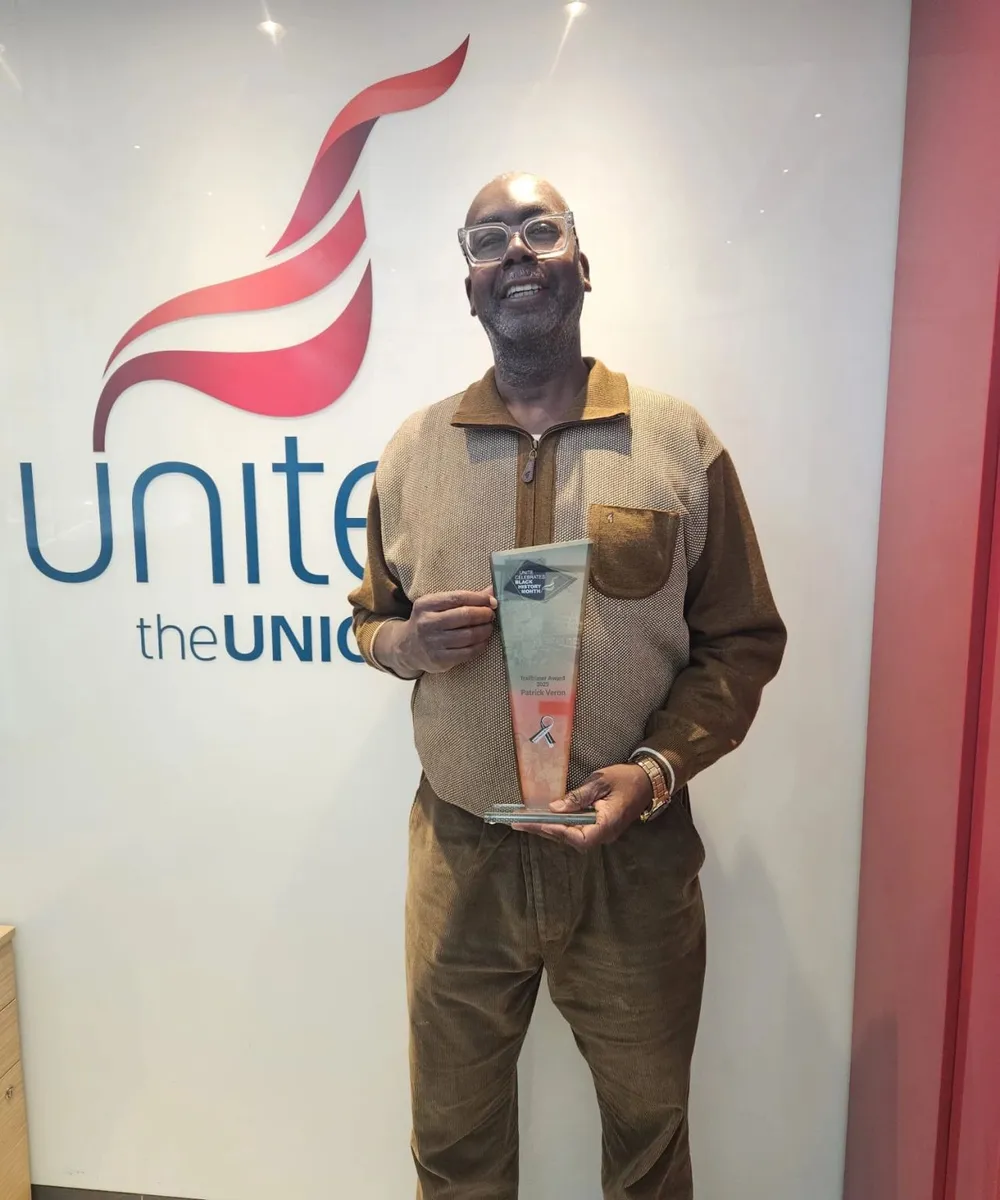By Jo-Anne Weekes, 2023
Equity diversity and inclusion
About this theme
Patrick Vernon (CF 2018) received the Trailblazer Award from Unite the Union as part of its Black History Month celebrations.
By Patrick Vernon, 2026
Dr Erica McInnis (CF 2016) delivered a talk at TEDxTrafford, challenging dominant Western psychological frameworks and calling for a shift towards African-centred psychology rooted in culture, collective identity, spirituality, and lived experience.
By Erica McInnis, 2026
By Kierson Wise, 2023
Marina Logacheva (CF 2025) was featured by Australasian Leisure Management magazine, highlighting her Churchill Fellowship research into inclusive fitness and accessibility in gyms and leisure centres in Australia, Canada, and the USA.
By Marina Logacheva, 2025
Sharon McPherson (CF 2023) has continued to build on her Churchill Fellowship through a series of major research and practice initiatives in kinship care.
By Sharon McPherson, 2025
By Hannah Louise Partridge, 2024
Marina Logcheva (CF 2025) spoke at the Diversity and Inclusion in Leisure Forum NSW/ACT at the University of Technology Sydney.
By Marina Logacheva, 2025
David Stanley’s (CF 2019) Music Man Project won Best Charity Film at the Big Syn International Film Festival, he recently launched the International Alliance of Accessible Music, and his students will feature in a photo exhibition at the Royal Society of Arts in April.
By David Stanley, 2025
Fozia Irfan (CF 2020) has been appointed to the interim role of Chief Officer for Children and Families at BBC Children in Need.
By Fozia Irfan, 2025











